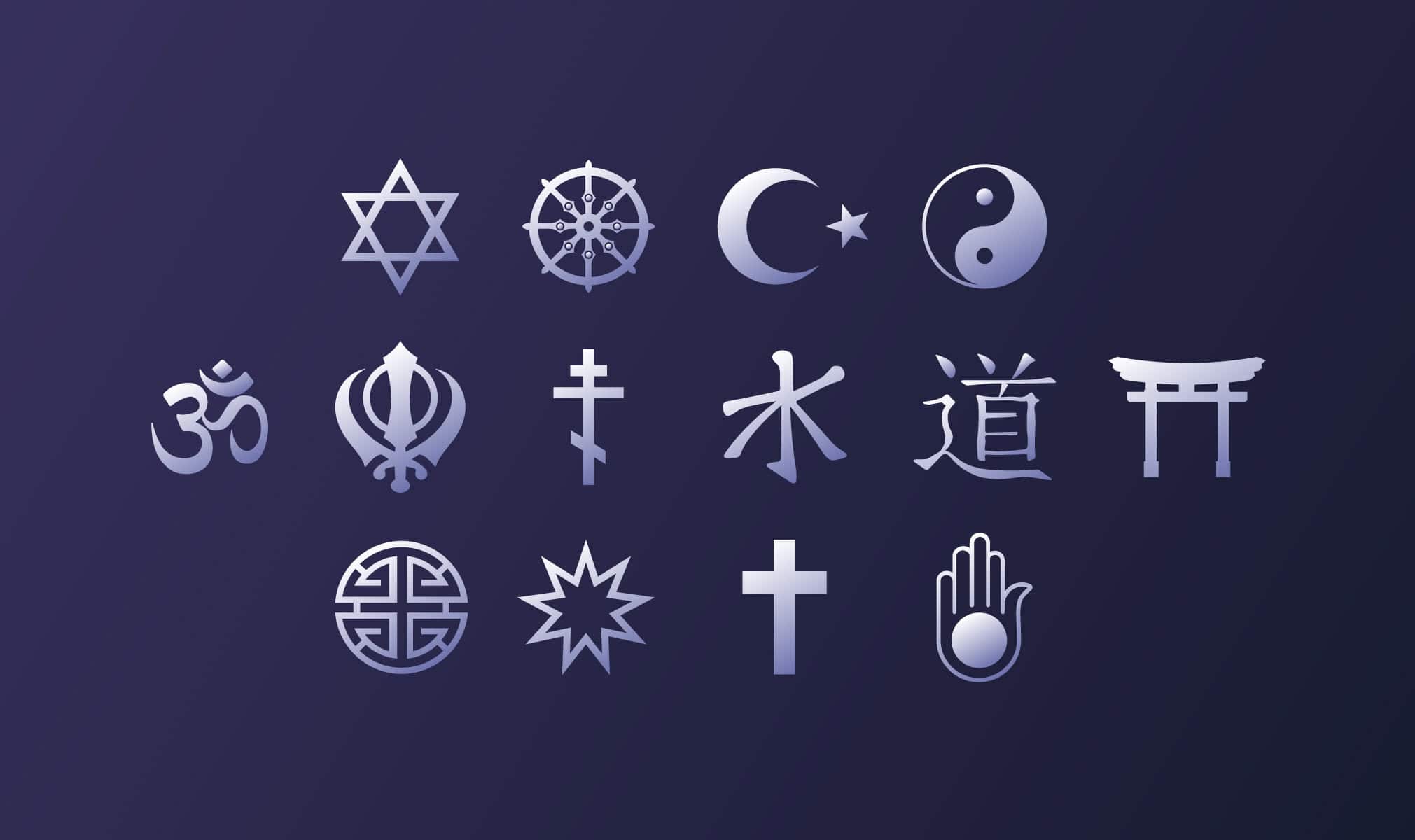Perspectives of Traditional Religions on Positive AI Futures
Most of the world – approximately 84% of the population – believes in or subscribes to what might be called a traditional religion. Yet the perspectives of world religions on AI are largely absent from strategic AI discussions. This initiative aims to support religious groups to voice their faith-specific concerns and hopes for a world with AI, and work with them to resist the harms and realise the benefits.

Technology corporations are rapidly developing artificial intelligence systems with unprecedented capabilities. Each year we yield more of our tasks and decisions to these systems. AI is transforming everything from everyday social interaction and how we work, to democracy and war. Even if we can mitigate the range of risks, from AI-enabled bio-terrorism to the loss of human control, AI will continue to change the world in ways we cannot imagine.
This change can be positive. Bespoke, narrow AI systems can solve many specific problems and improve people’s lives. Equally, an inclusive global conversation can help to address the existential questions AI raises about work, control, purpose, hope and what it means to be human. Such a conversation could in turn guide a cautious, pluralistic approach to the development, application and governance of these transformative technologies.
The current path is not that. Instead, the path is whatever the existing incentive structures behind corporate behavior make it – in other words, the accidental result of a great race to maximise profits. Most of the world is not getting a say in what our future will look like.
Most of the world – approximately 84% of the population – believes in or subscribes to what might be called a traditional religion. Yet the perspectives of world religions on AI, what they fear about it and what, if anything, they hope for and want from it, are largely absent from strategic AI discussions. In the halls of AI power the idea of god is either rejected or raised as something humans can create. Momentous decisions about the future of life are being made on the basis of extremely unrepresentative beliefs.
As we move into a new era where so many new things become possible, world religions – resilient institutions that have for so long cultivated wisdom about what is ethical and beneficial – have much to offer. They have unmatched experience and reach in organising communities, providing hope and meaning to people’s lives, and tackling existential questions around purpose, personhood, and power.
Part of FLI’s Futures program, this initiative aims to support religious groups to voice their faith-specific concerns and hopes for a world with AI, and work with them to resist the harms and realise the benefits.
This will involve convening and giving platform to representatives to discuss these issues and their potential solutions. We begin with a series of guest posts on this site envisioning positive futures from specific religious perspectives.
See our first guest posts on the topic:
Leading Hindu figure Dr. Chinmay Pandya on the risks and opportunities of AI.
Brian Patrick Green on a positive Catholic vision for a future with AI.
If you are a religious leader working on a faith initiative on AI, you have religious views on AI risks and opportunities you feel are not being heard, or you have ideas for how religious groups can meaningfully impact AI development and governance, do get in touch.
Contact: will@futureoflife.org
